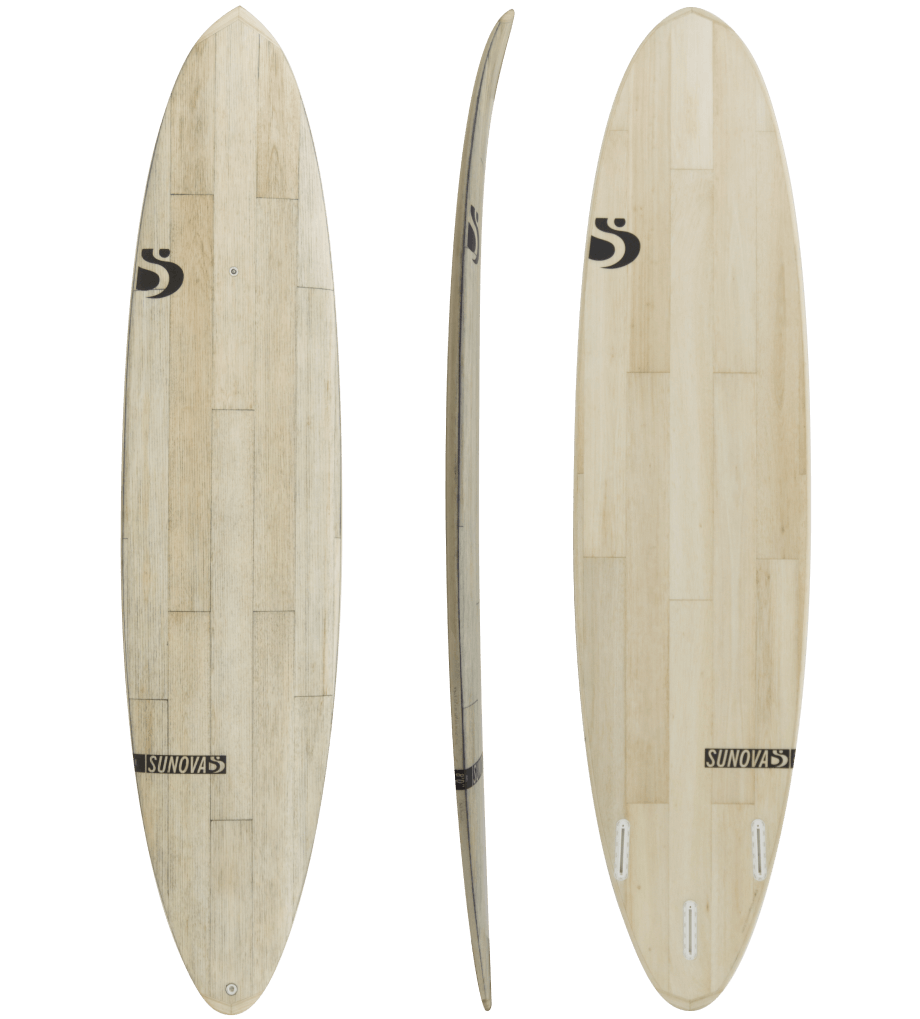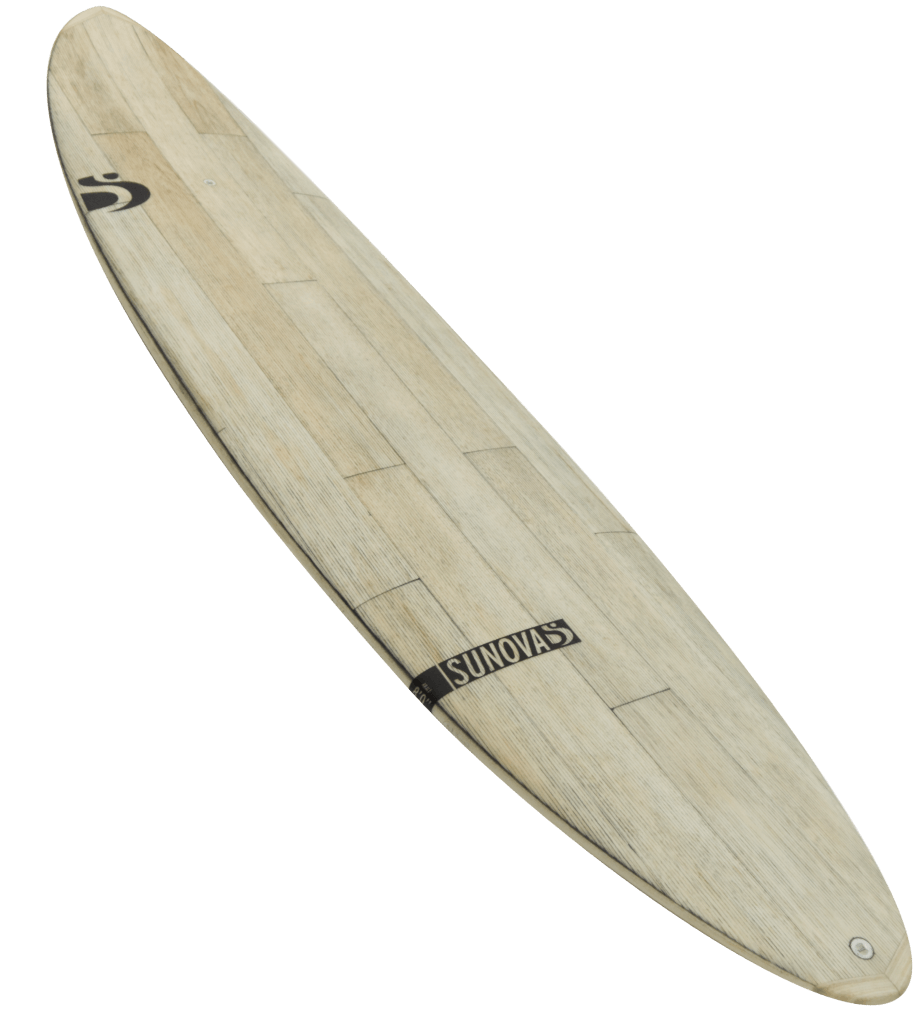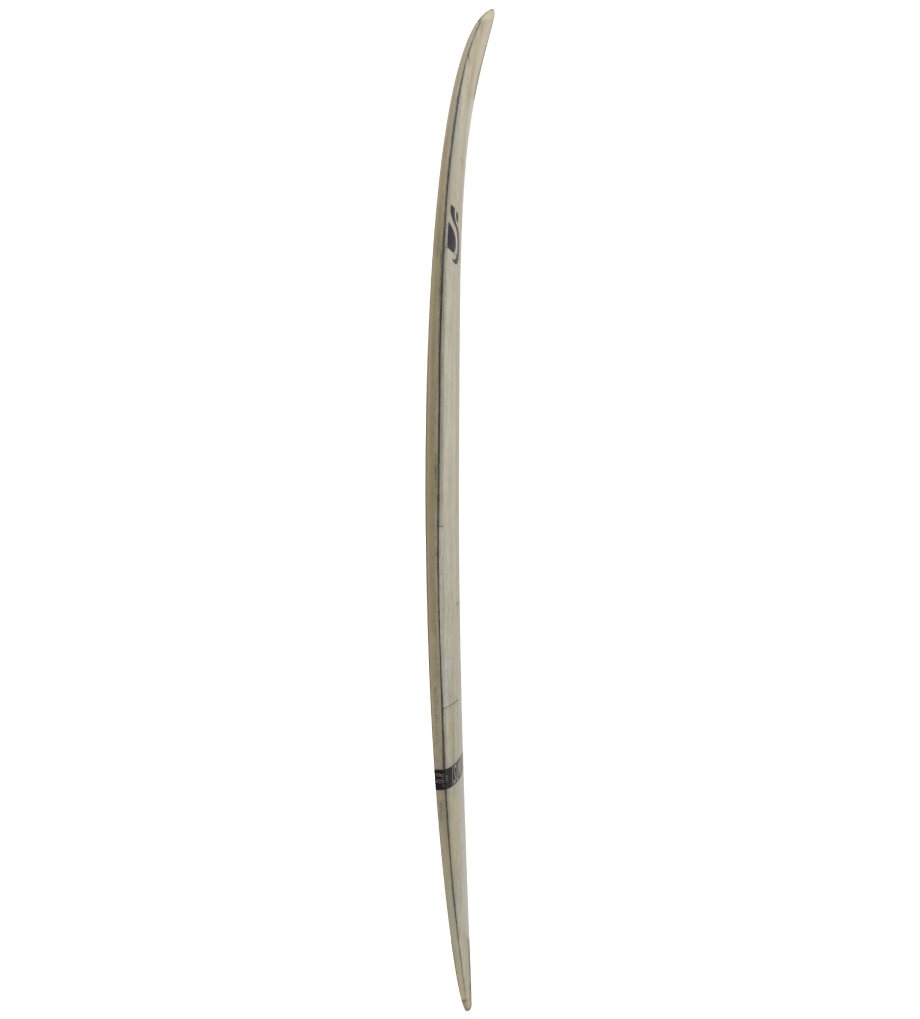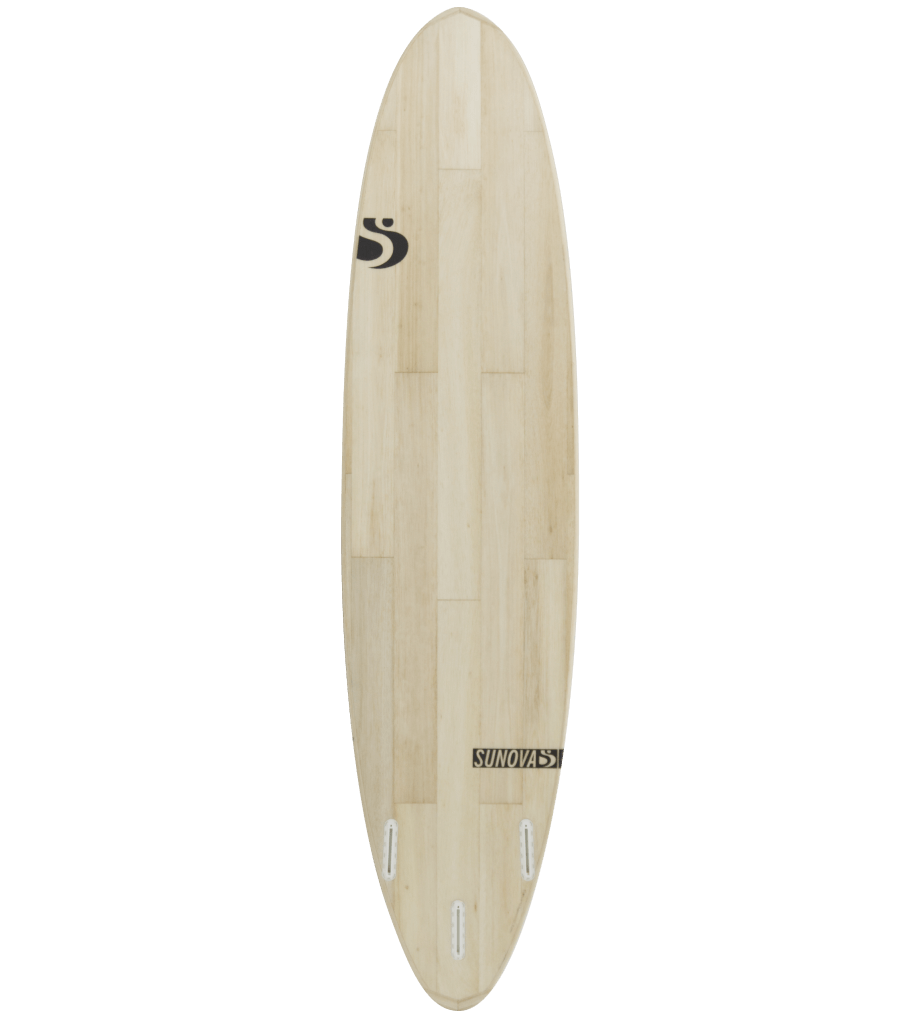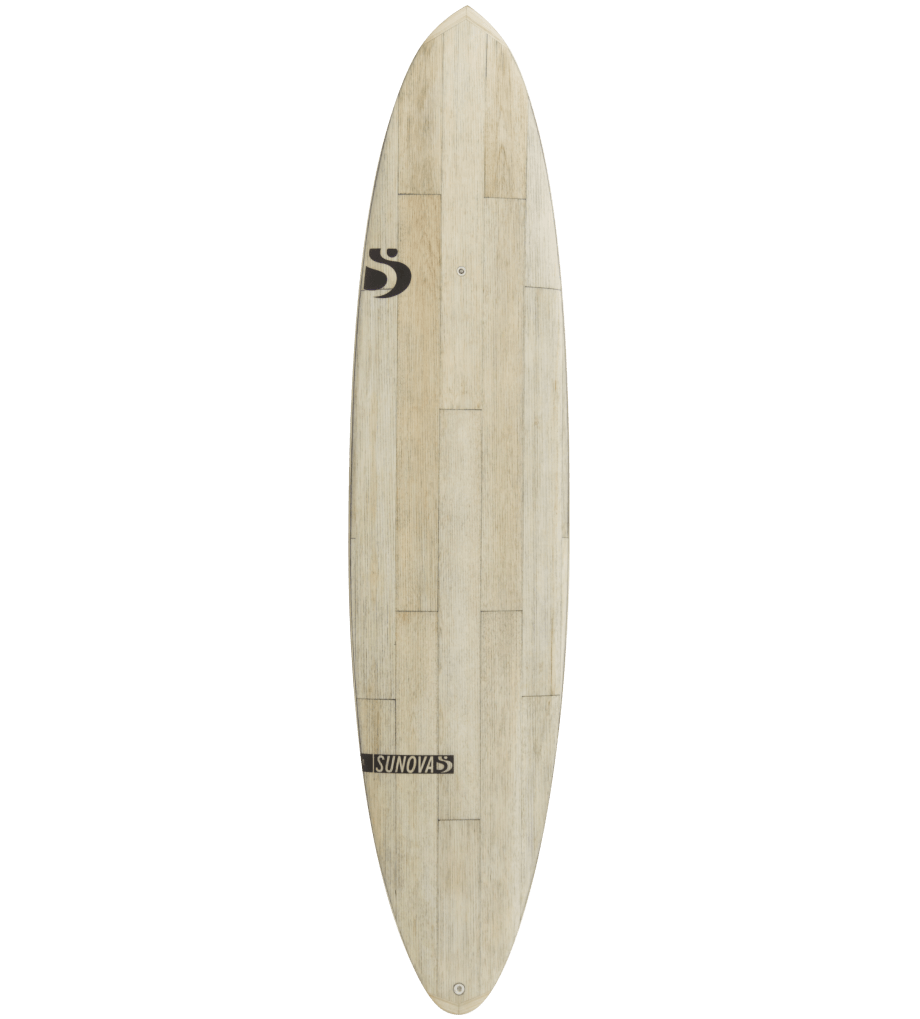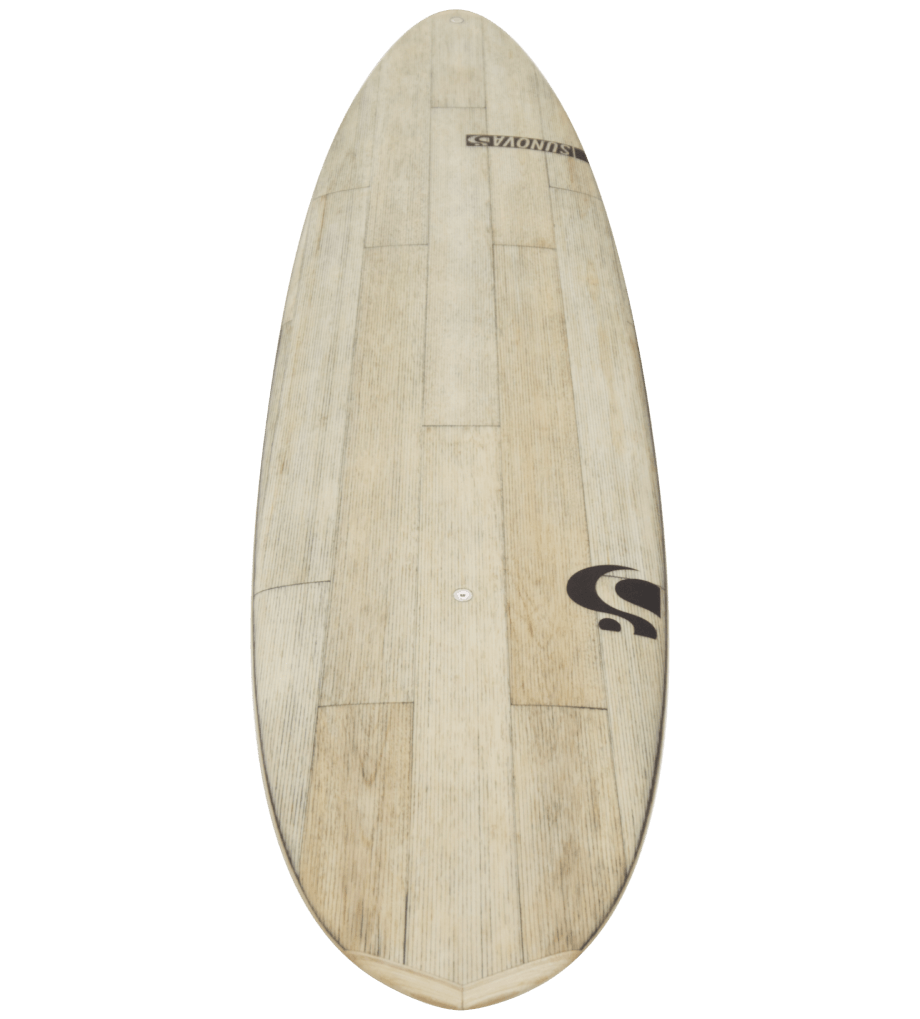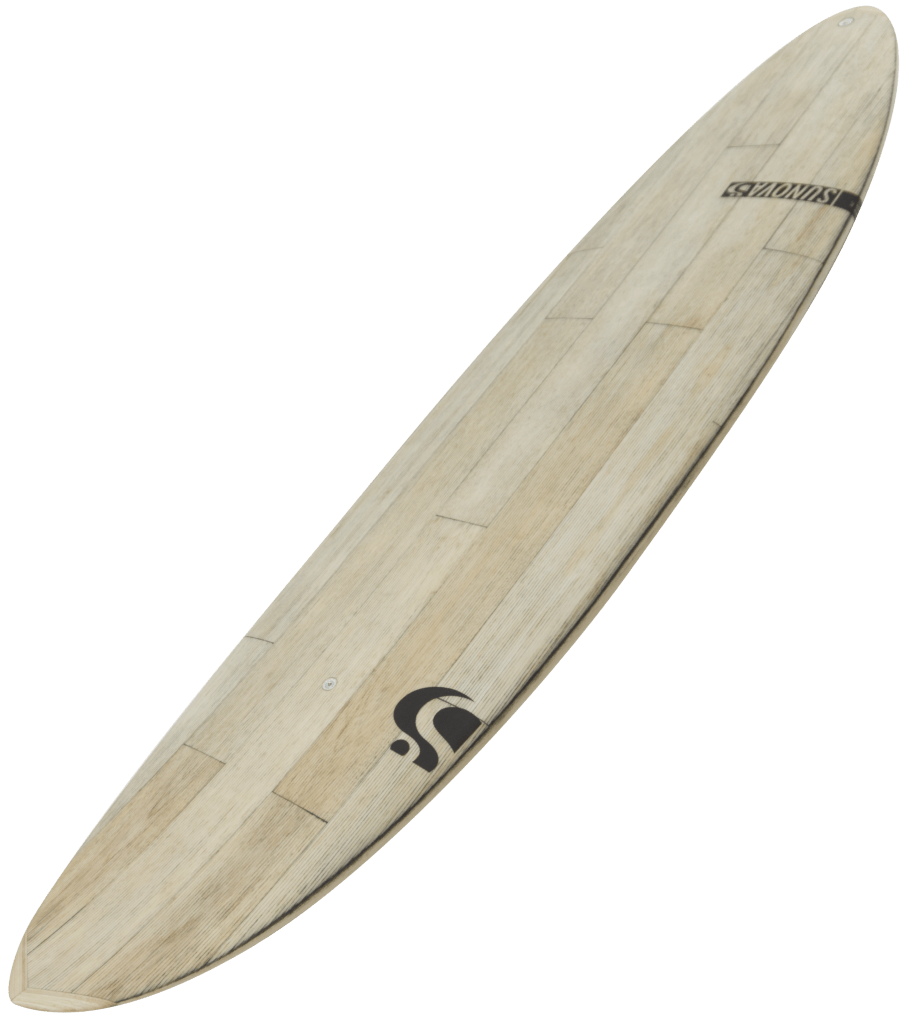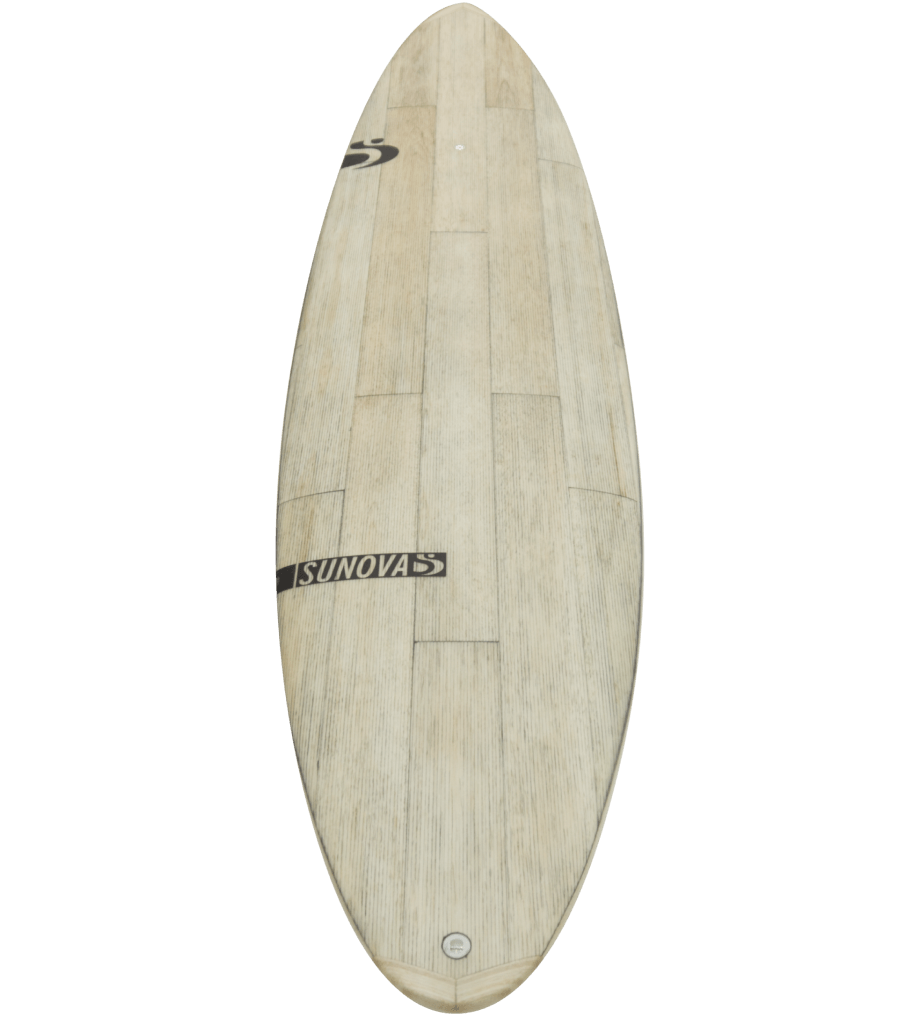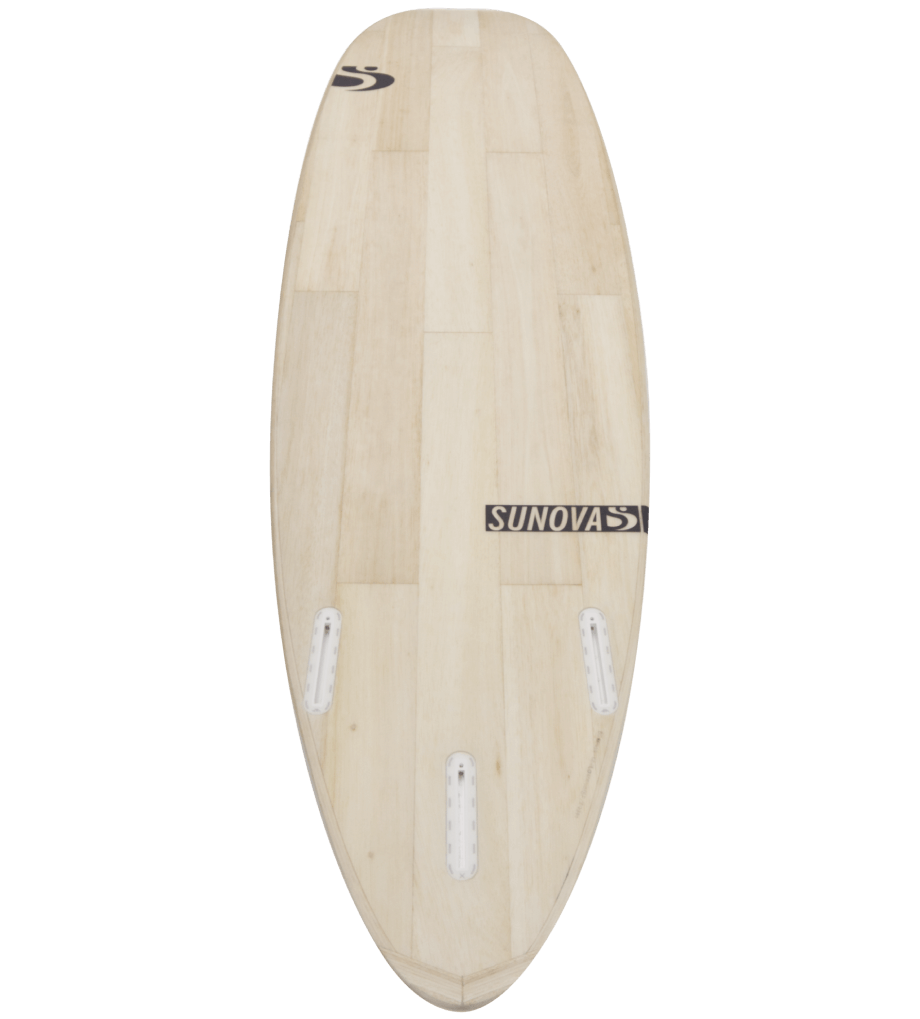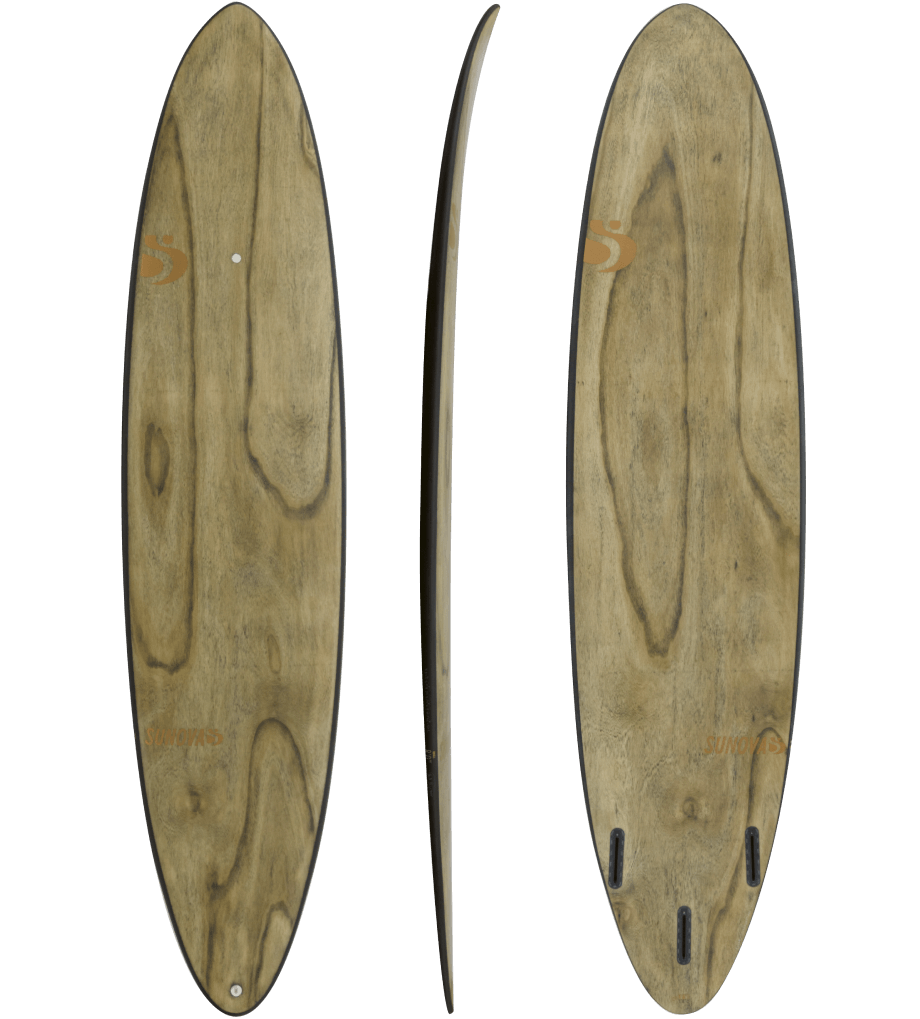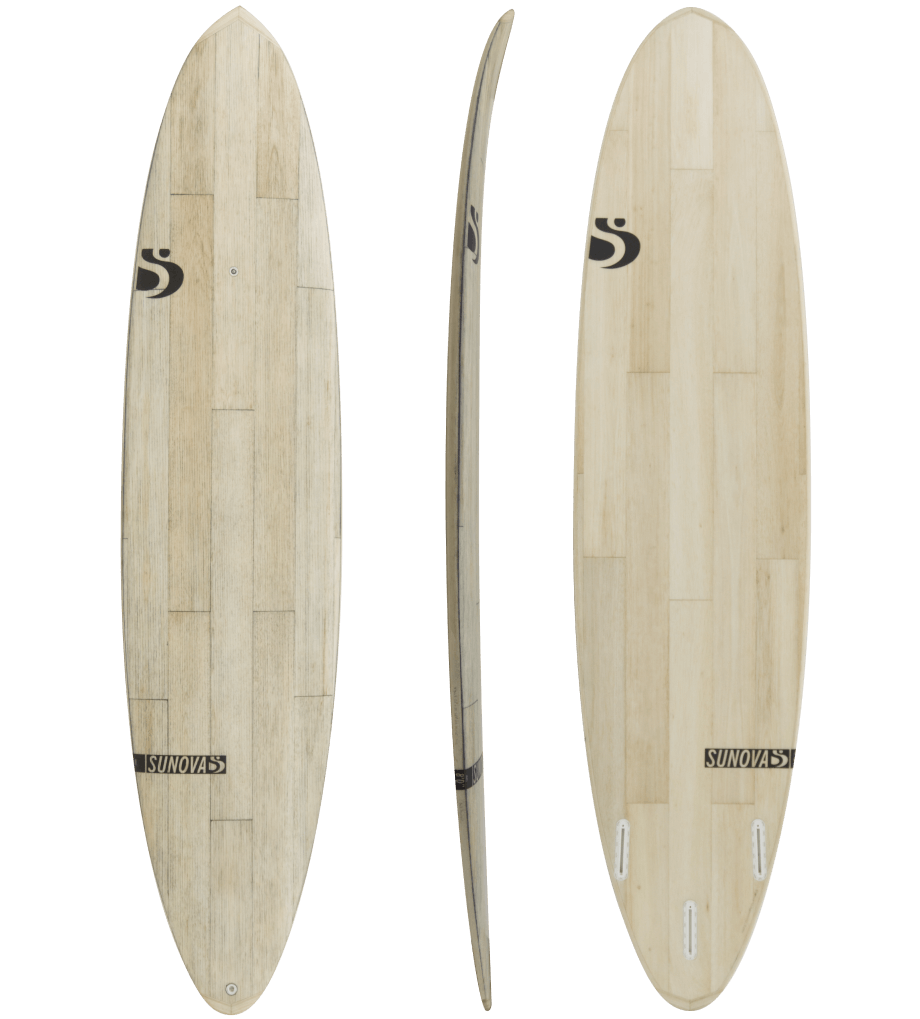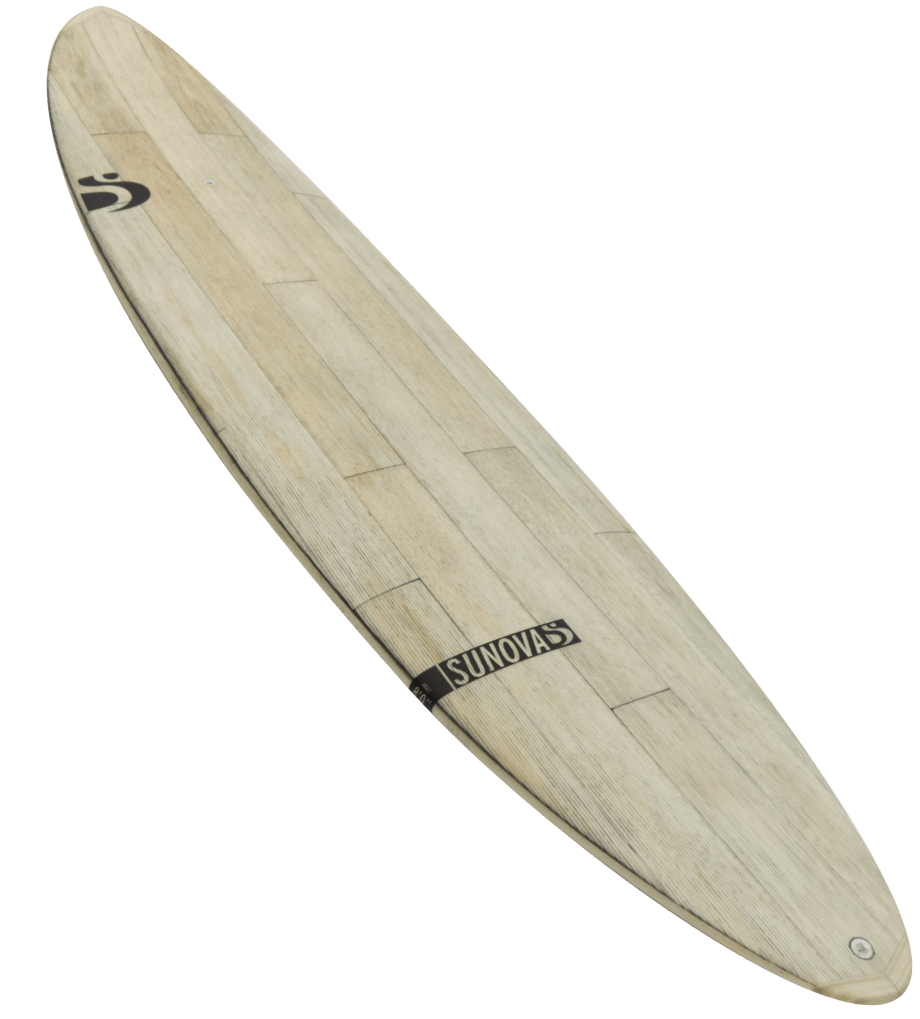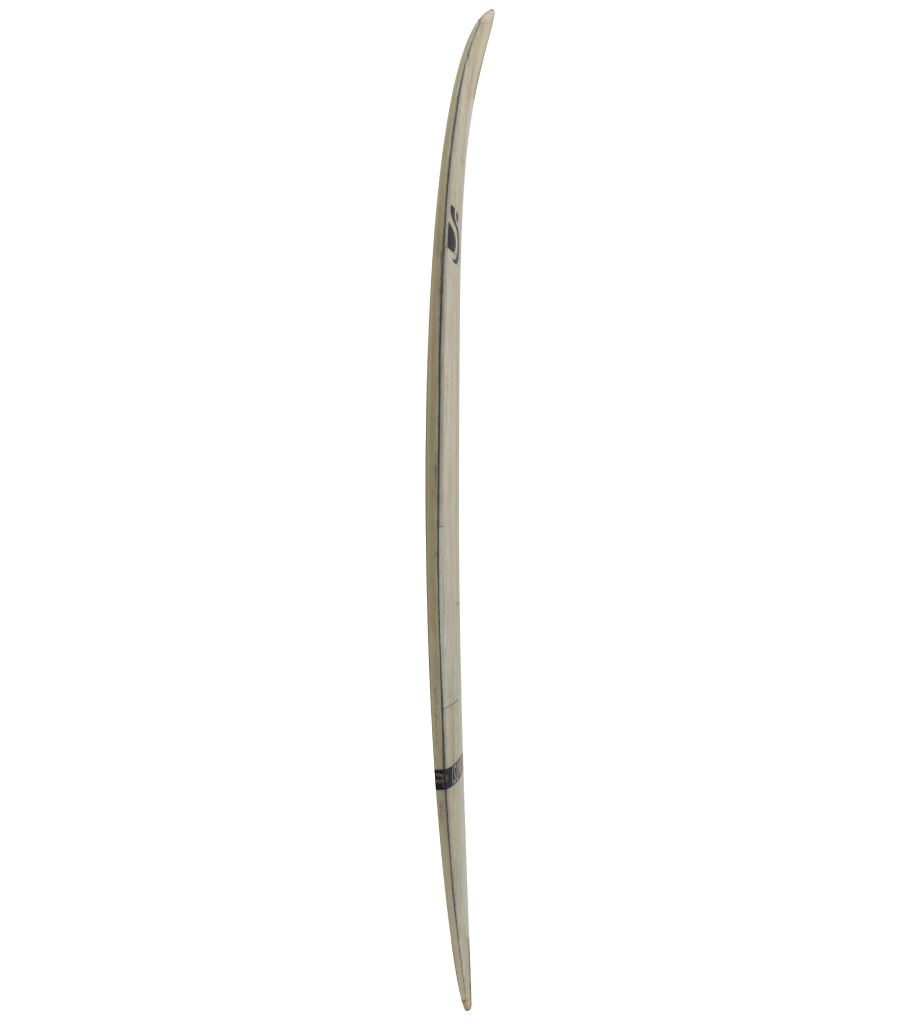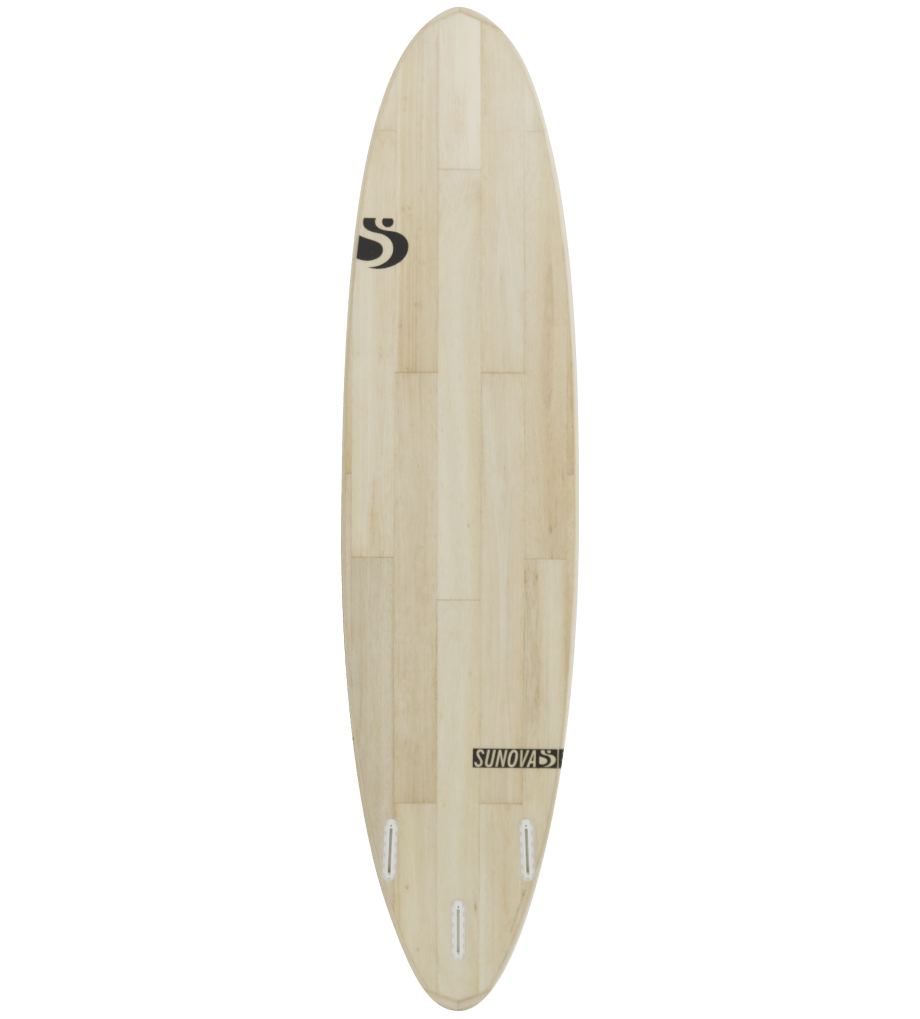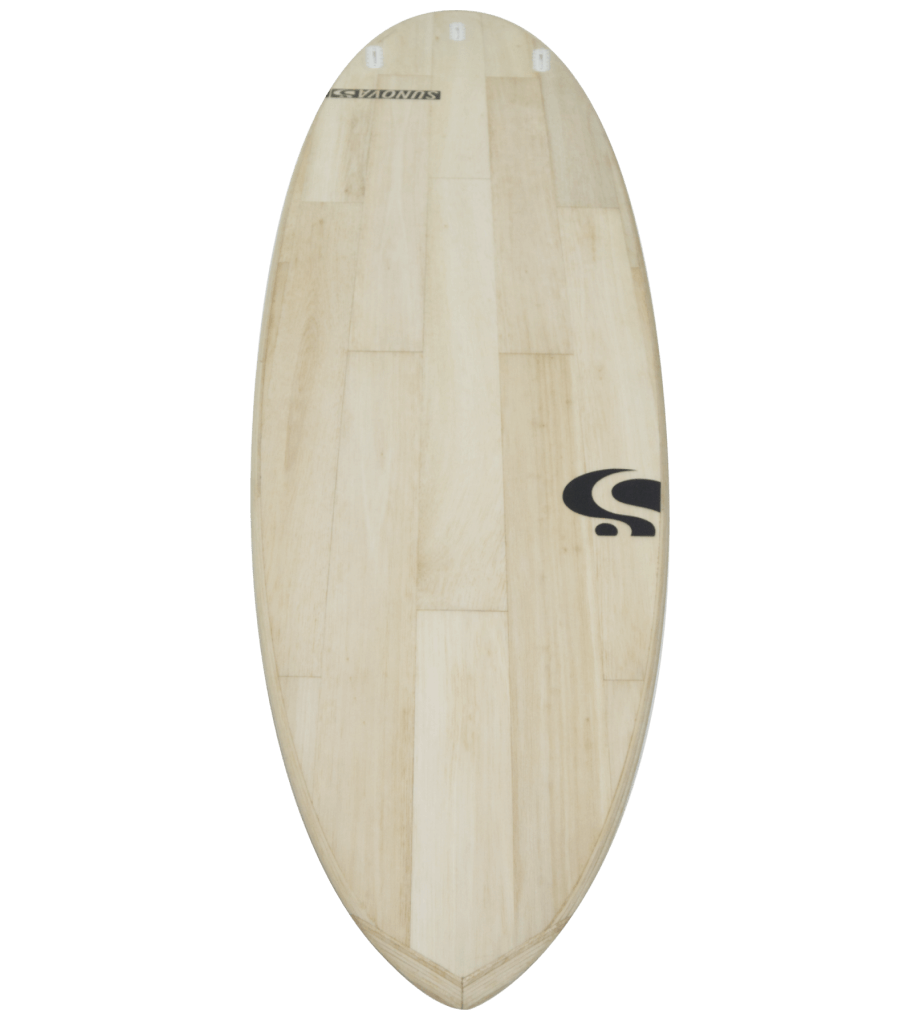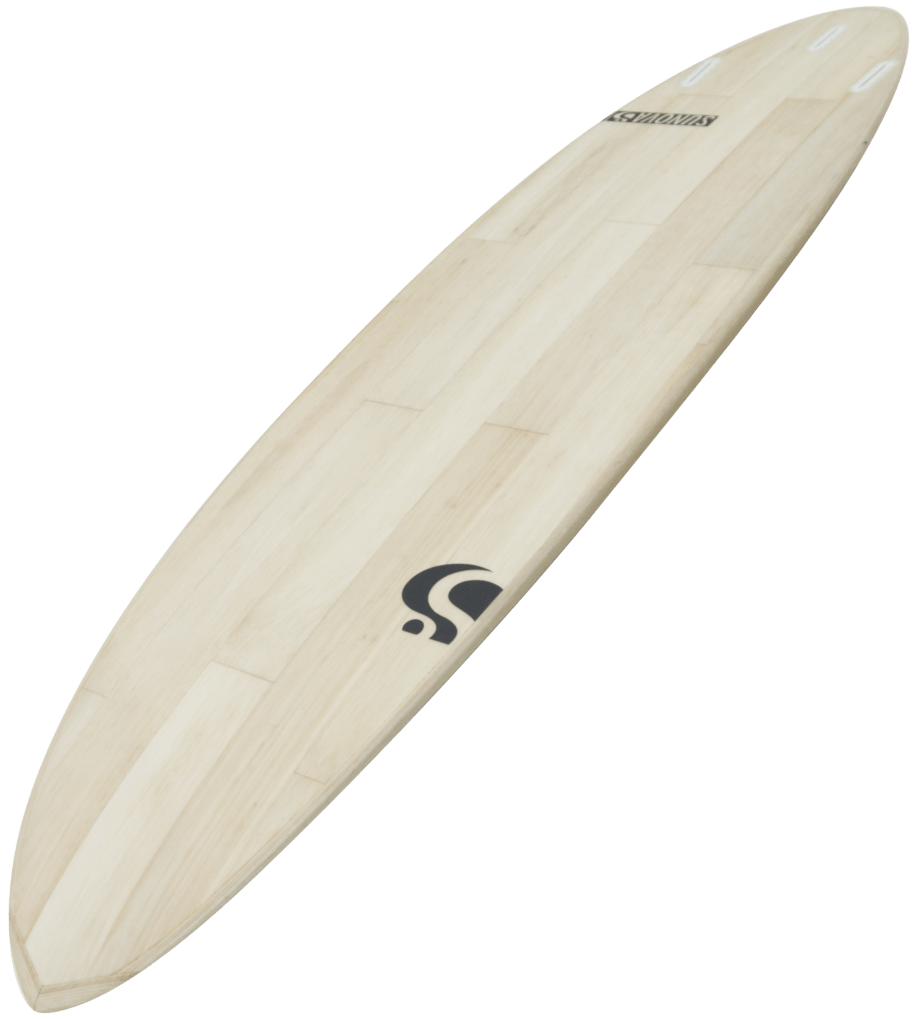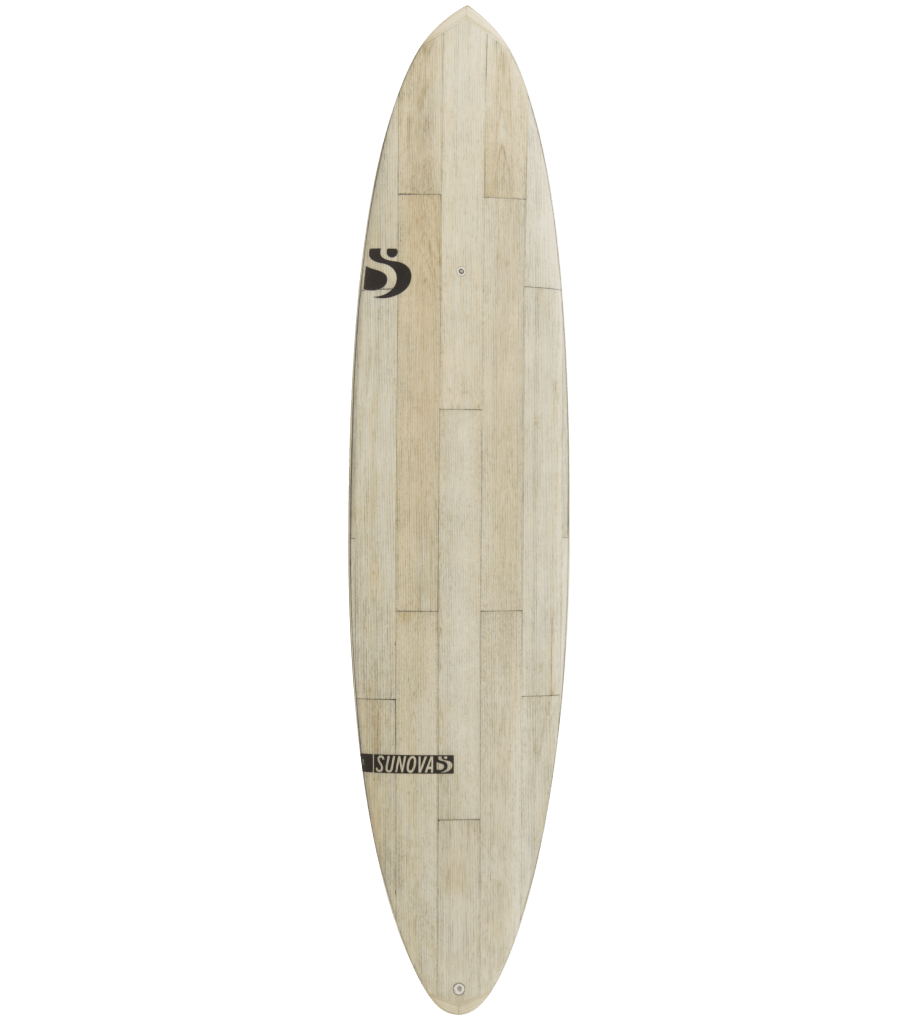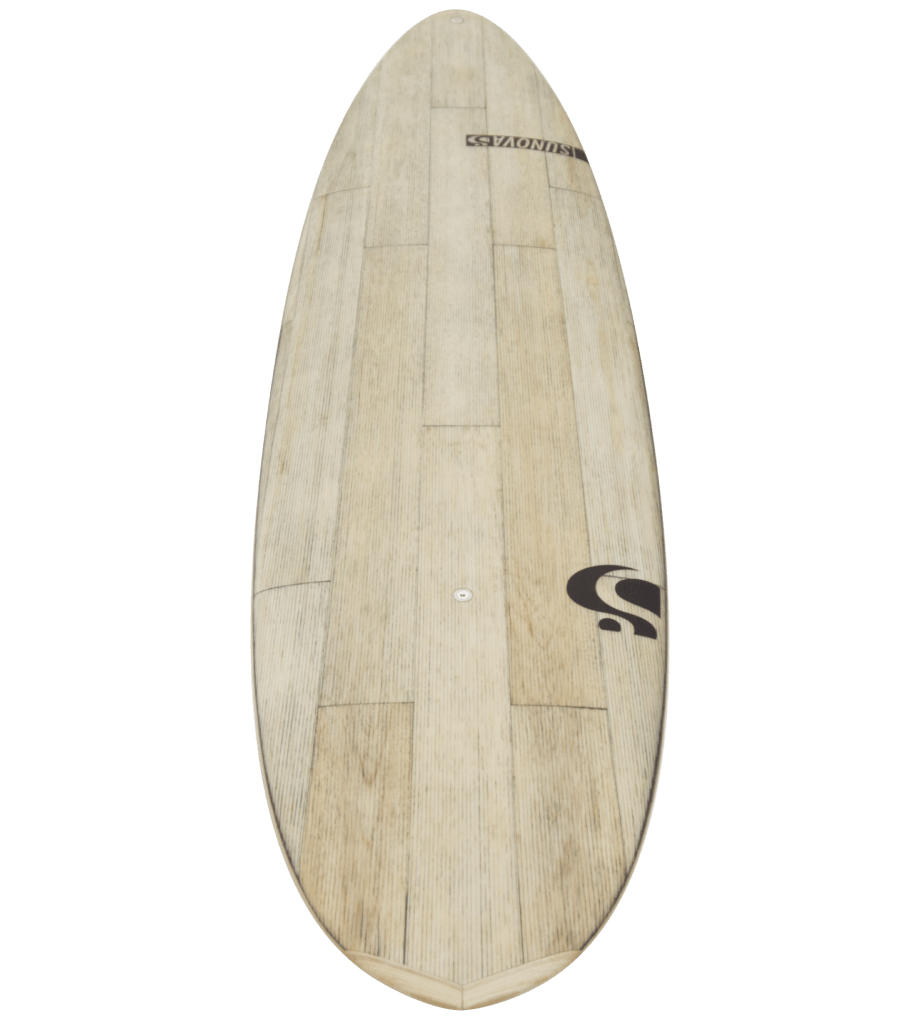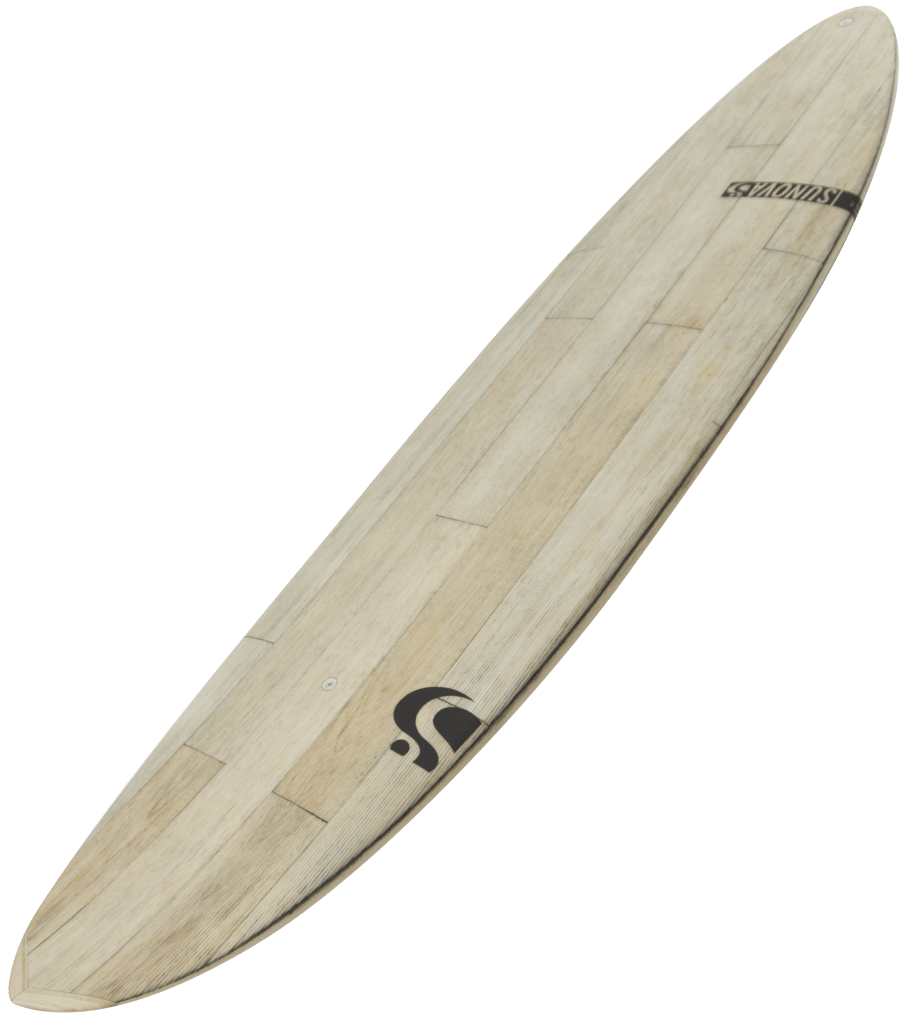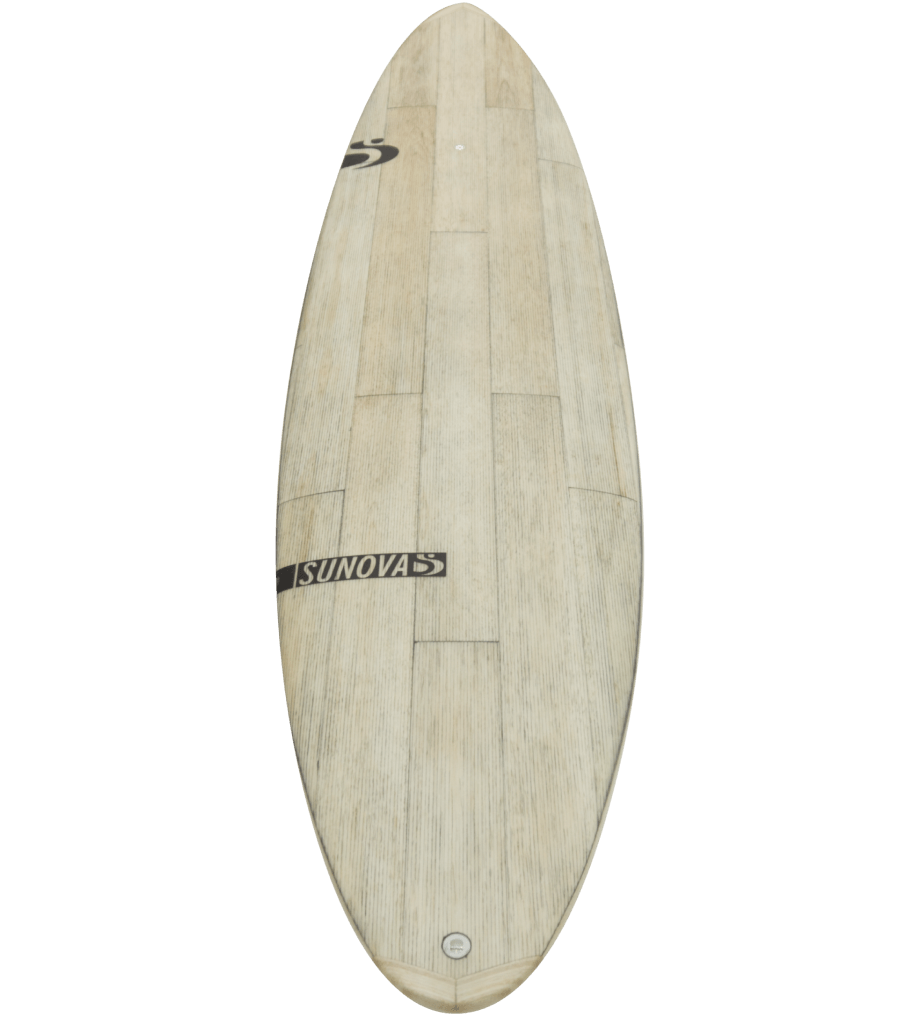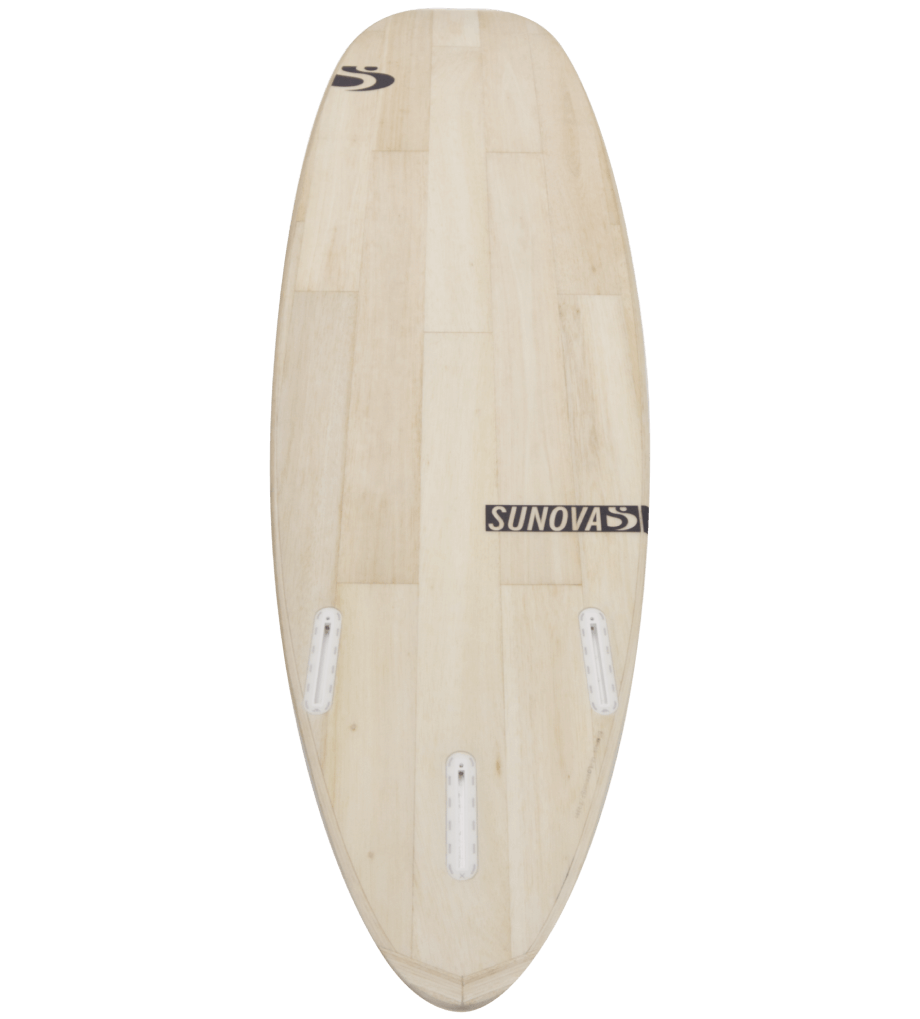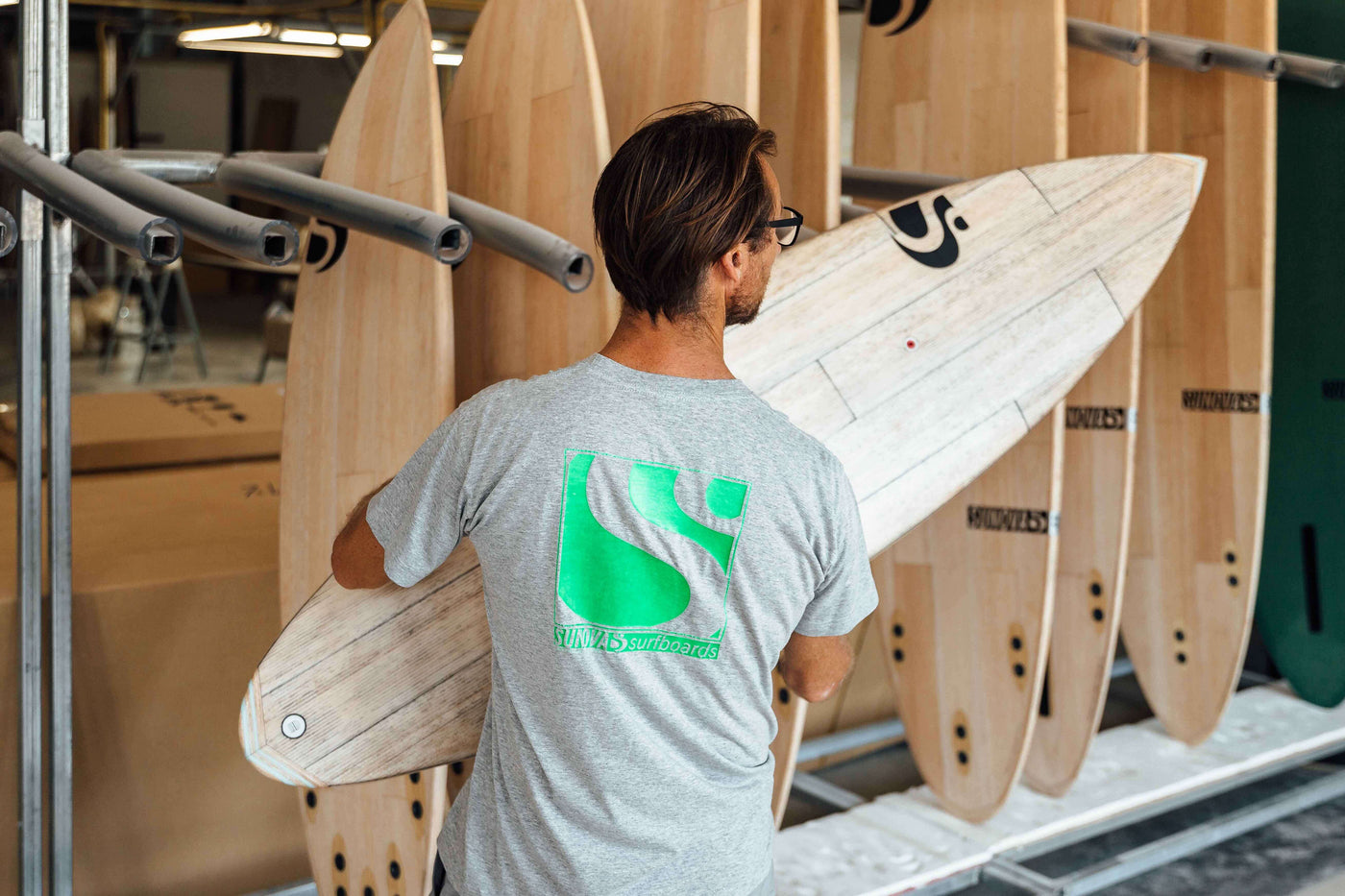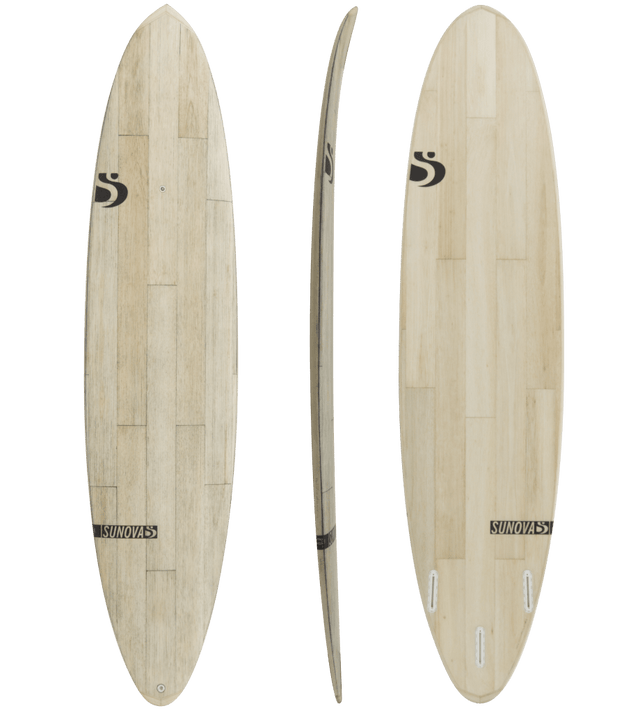8Ball
THE 8BALL is a performance mid length board that you can hook turns deep in the pocket, driven by the needs of surfers who want serious paddle power, but still want a board that performs off the tail.
We took some of the characteristics of our long time favorite performance shortboards and we put a longer front end on them. The result is a board that can catch waves like a longboard but surf off the tail like a shortboard. We took the nose entry and flattened it for additional paddle power, then took enough area out of the nose to keep the rails from catching on late drops. As you step onto the tail the curvy outline and performance rocker of the shortboard kick in and you are away, having a ball.
Put the 8Ball in the pocket and see what this board has really got.
Fin Setup
8Ball - Balsa Flex / 8'0" x 21 5/8" x 2 11/16" @ 50 L will be shipped from Thailand Headquaters.
Couldn't load pickup availability
Delivery and Shipping
Delivery and Shipping
- Delivery within Europe: Products are in our EU warehouse and typically delivered within a week. Find more shipping information here.
- USA: Online orders are currently not available. Please check with a local retailer.
- AUSTRALIA: Online orders are currently not available. Please check with a local retailer.
ABOUT THE BOARD
ABOUT THE BOARD
SHAPE DETAILS | DESIGN INFO
SHAPE DETAILS | DESIGN INFO
Payment & Security
Payment methods
Your payment information is processed securely. We do not store credit card details nor have access to your credit card information.
8Ball - SUNOVA
Dimension Table
Dive deep into the shape dimensions
| Length | Nose Width | Width | Tail Width | Thickness | Volume (L) | Weight -/+ 8% (kg) |
|---|---|---|---|---|---|---|
| 8'0" | 15 3/8" | 21 5/8" | 14 3/16" | 2 11/16" | 50 L | 4.55 kg |
8Ball on Tape
Everything essential about this board in video



